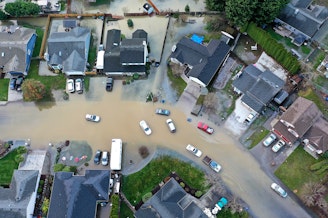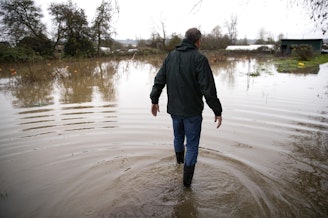Calves born during spring blizzards face an uphill battle
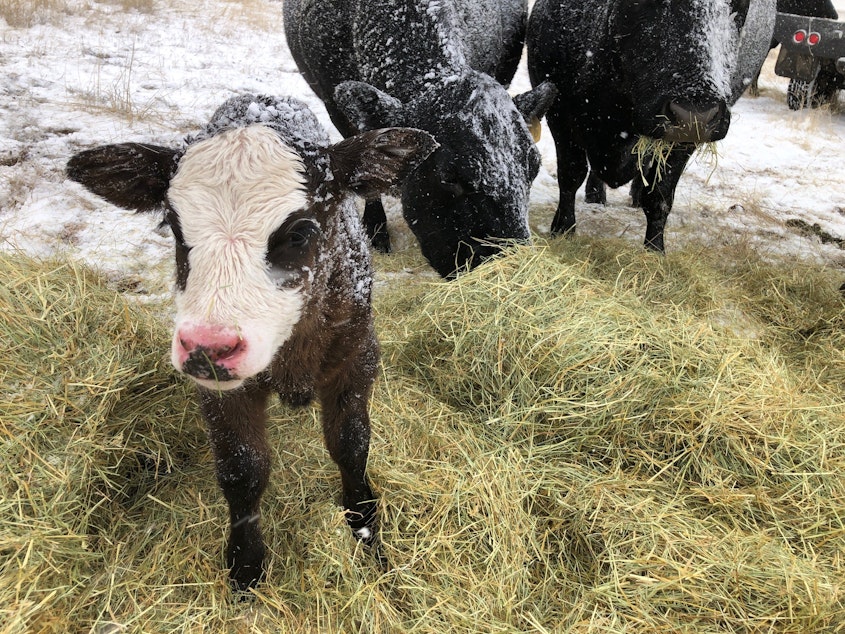
Winter has been blowing in southeast Oregon, long past where it says spring on the calendar. Snow and ice keep piling on fields, and blowing into head-high drifts.
That’s made difficult calving conditions for ranchers.
Tiny calves are usually born outdoors. Fresh and wet, they can quickly freeze in blizzard conditions.
NW News Network Correspondent Anna King has been following this story and says thousands of calves may have been lost so far — especially in Harney County, Oregon.
It’s an economic disaster for ranchers, following a severe drought just last year. And now, many ranches are running out of hay.
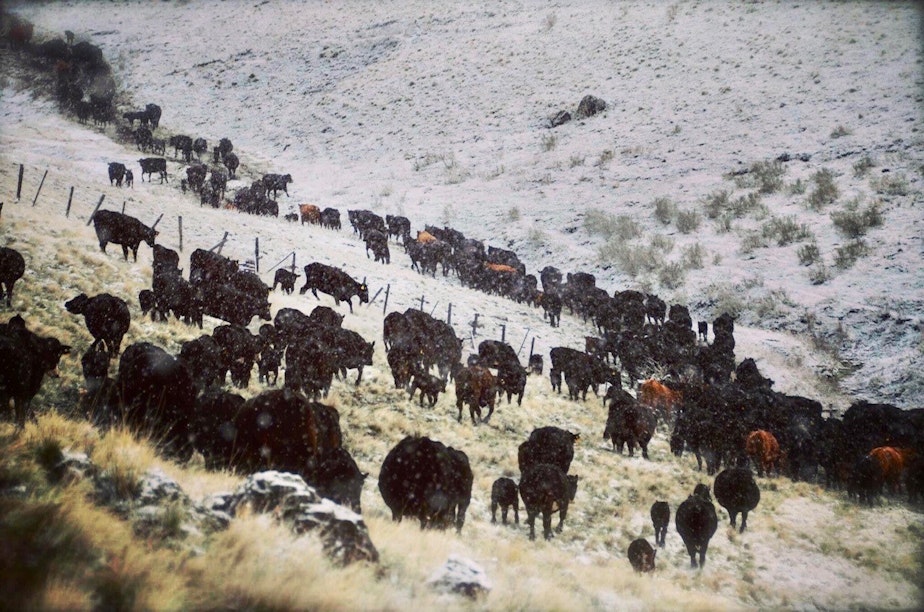
March has been unusually cold for ranchers in Southeastern Oregon. Many have been reporting storms blowing in every eight to 10 days, leading to cattle with frostbitten ears, udders, and hooves.
While adult cattle are suffering, they're still able to withstand the brunt of the weather. Unfortunately, the calves just aren't equipped to be able to handle it. As they are born, it's a race against time as mothers try to lick them clean and get them standing so that they can feed. If they're not able to get up and get the colostrum right away, it's a quick slide into hypothermia.
Sponsored
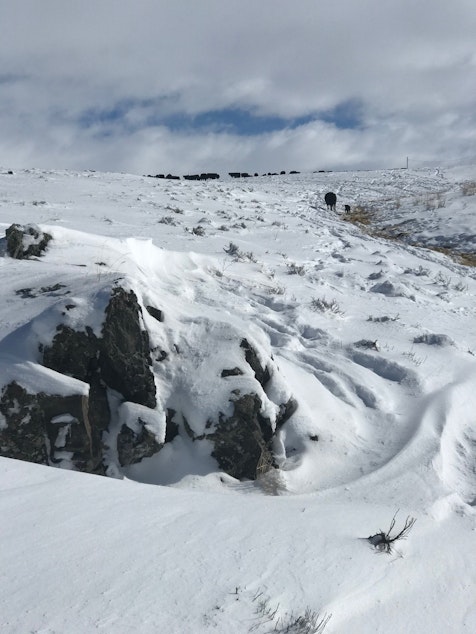
These conditions are not only dangerous for the cattle out in the open, but also for the ranchers that are out there in the open with them. They head out into the snow, trying to feed those animals, put bedding down over the accumulating snow, trying to make the animals as comfortable as they can. Almost every hour, they go out to check for new calves and to bring them back.
Anna King spoke to one rancher out of South Dakota, who told her that his father-in-law was about to go out into the storm to take care of these cattle because he felt so responsible for them.
“When that blizzard set in, we had a foot of snow," rancher Colby Olsen explained. "My father-in-law was kinda helping us feed them and stuff. He couldn’t get out of his driveway let alone even two miles down the road to take care of the cows. So, the cows had to hunker down behind some trees for a whole day before we could even get to 'em.”
Another issue ranchers are battling is the lack of local hay.
Sponsored
For several years, ranchers have just been scraping by. They they've had to water their animals with massive trucks bringing in water to the range lands so that they can graze .
They've also faced years of severe drought, so some people have not even been able to irrigate or have natural rain for open land hay. They can purchase hay, but it's expensive to truck from far away, and that diesel costs money.
The next problem these ranchers will be facing is flooding. Once all the snow starts to melt and all that water comes down the mountains and the hills, it really could create some some hard conditions for ranchers again.
But in the end, Anna King is hopeful.
"Hopefully, when all this calms down, they should have some good bunch-grass to eat this summer," King said. "This moisture will create good pastures for these range animals."
Sponsored
You can listen to the entire conversation with NW News Network correspondent Anna King in the audio above.





